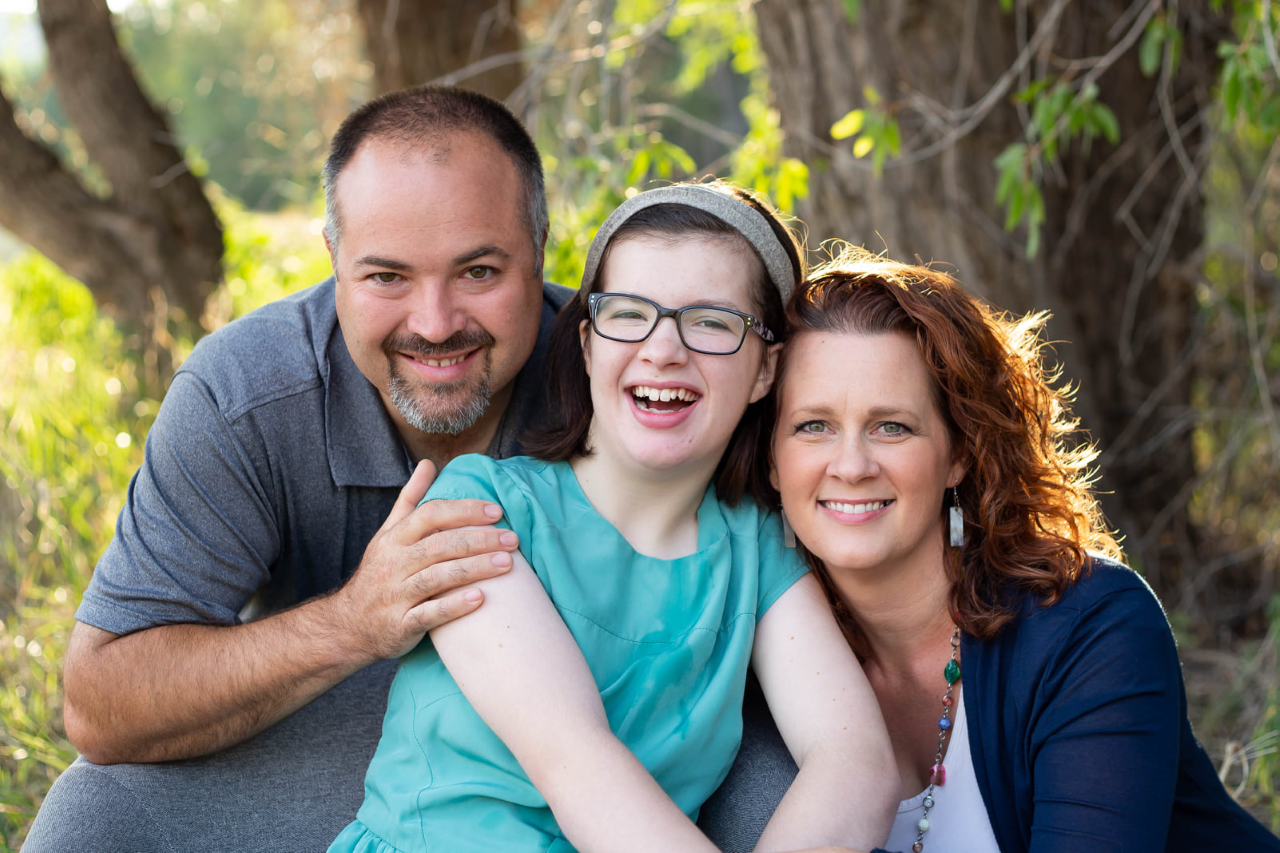A Parent’s Perspective: How to Advocate without Alienating Team Members

By Elizabeth Hill:
Elizabeth is a freelance writer, encourager, and humorist who resides with her husband and four children in central Montana. You can read more of her musings, eureka moments, and the hilarious events that mark her days with joy at www.thepartilove.com or find The Part I Love on Facebook.
Years ago, I was an inexperienced special education teacher with one-part overconfidence, one-part under-experience, sprinkled with a heaping scoop of cluelessness. I sometimes observed children who would be transferring from pre-school to my K-3 special education classroom for the next year.
With one student, “Brian”, I talked to the staff, gave his history a cursory glance, and the decision was stamped on his forehead: too low. Too low for our program.
We met Brian’s parents for the first time and in front of them they were holding a picture of their son.
In a kind, yet firm manner, Brian’s greatest advocates informed us of what their son was really like. They didn’t rant. Didn’t threaten. They didn’t even gloss over his deficiencies. They simply welcomed us into their understanding and deep acceptance of their son.
Moments later the feeling in the room was changed from the inner clanking of an engine in need of a tune-up to the swells and harmony of a philharmonic orchestra.
That one meeting twenty years ago gave me a game plan to follow years later for our own meetings for our daughter, who at first glance, is “low” with an inability to speak, but is quite bright.
So, how DO you create this magical shift in yourself to advocate without alienating the teachers, therapists and administrators on your child’s team?
Here are five time-honored steps that I have used in three states and six schools that have made every team experience positive.
- Embrace your role as leader of your child’s care team.
As a parent, you are the one who has the long-term, completely invested vision of where your child can go. You are the only one who sees all his parts and pieces fully – not just how he swallows, how he navigates with his communication device or how his AFOs fit. All of it.
So, yes—you ARE the primary advocate, expert and do-er of things for your kid because it’s your job. Your school team is just that--a team--and you are the captain. - Treat meetings like you’re hosting a party for your friends.
It also helps if you bring treats. Really.
Typically, these meetings are at the end of long days for everyone, so who doesn’t want a muffin or fruit tray? Everyone is more amiable and feels appreciated when they are offered food with genuine gratitude.
- People are allowed to be human.
I view a new team as a new group of people that I get to work alongside, learn from, and laugh with to help our daughter grow and develop.
However, in every team there is inevitably one person who doesn’t “get” her, who doesn’t fall in love with her or who thinks I’m a bit off the mark. I’ve learned that those people and their perspective are vitally important. Do I always agree with them? No. But I’m grateful for their perception of her because it’s different than mine.
- Be a good communicator.
Sharing information, concerns and successes frequently helps to build bridges of communication should problems arise later. Do your best to communicate your thoughts calmly, clearly, and with understanding.
If you need to communicate about an issue that has arisen, use the “sandwich approach”. Share something good or something you appreciate, share the concern, and then follow up again at the end with a positive or even with an honest assurance that you know that the team will find an adequate solution.
- It’s not your disability.
You are like the Olympic curler prepping the way before your child but this battle, this struggle for her to learn and to succeed, is hers alone. You can’t take it on because it’s not yours to take.
I can’t imagine navigating the last sixteen years without the literal hundreds of professionals who make up our well-tuned philharmonic orchestra and help me figure out what is best for my child. I need them. I need their experience, knowledge, calming influence and sometimes tough-to-hear expectations. Together, as a team, we’re supporting my daughter to be the version of herself that God intended her to be.
Elizabeth Hill is a freelance writer, encourager, and humorist who resides with her husband and four children in central Montana. You can read more of her musings, eureka moments, and the hilarious events that mark her days with joy at www.thepartilove.com or find The Part I Love on Facebook.
AFO: Ankle-Foot Orthotic, usually a plastic brace worn to hold the ankle and foot in correct position.
Disclaimer:
The views and opinions expressed in this article are the author’s and do not necessarily reflect the official policy or position of the Montana Family to Family Health Information Center, the Rural Institute for Inclusive Communities, or the University of Montana.

